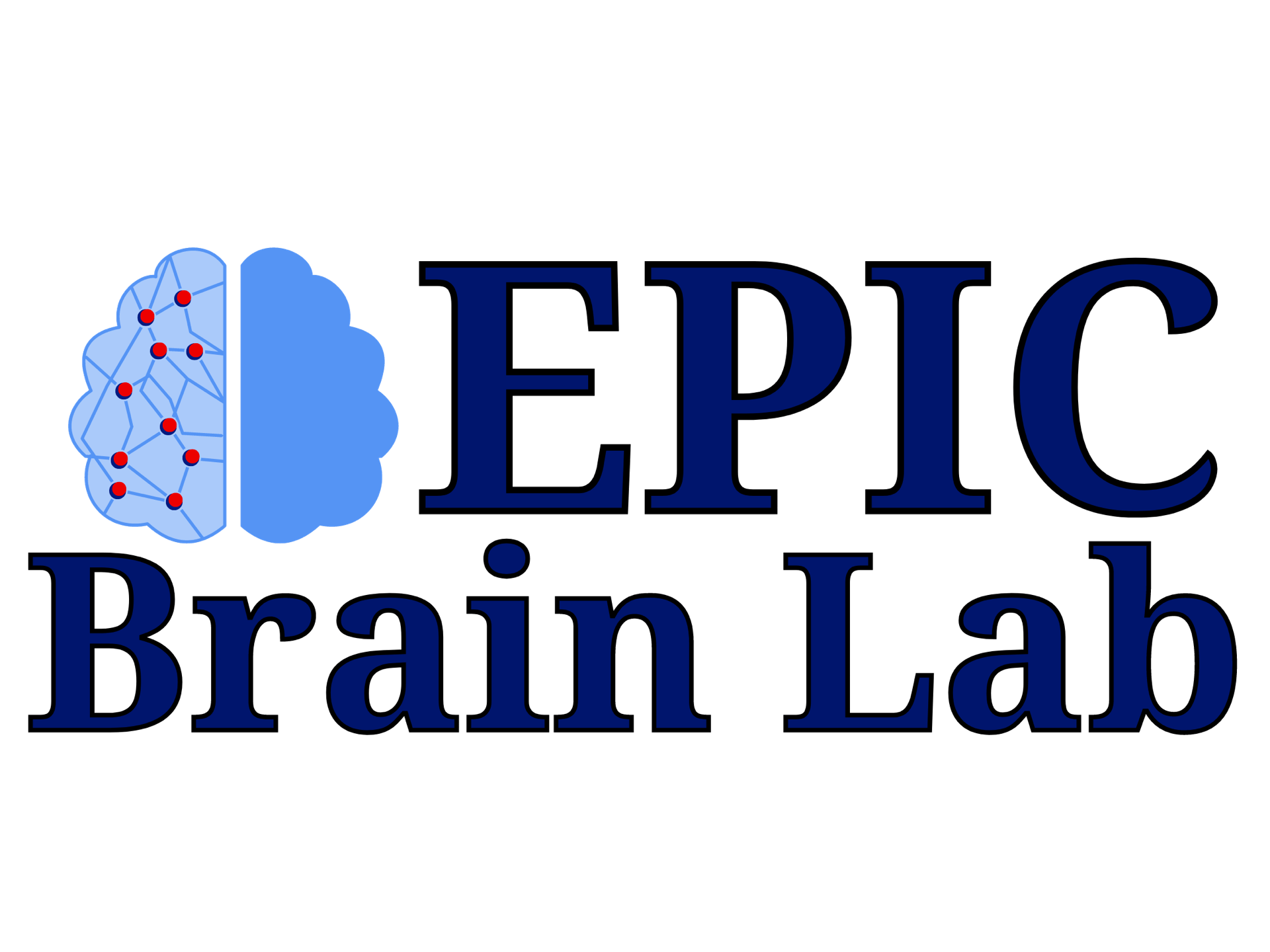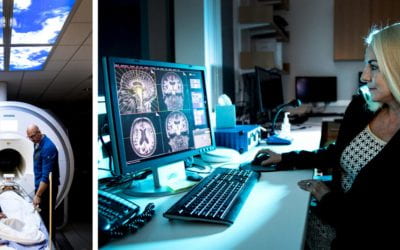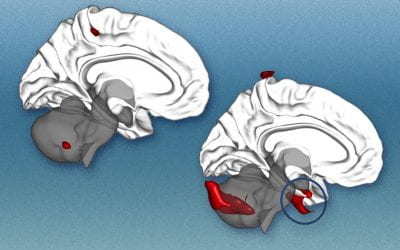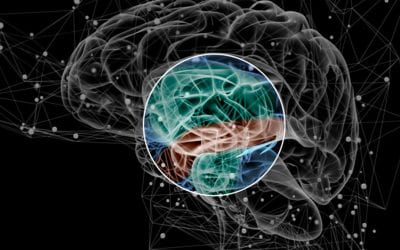Research Mission
We are a cognitive, affective, and clinical neuroscience lab in the Psychology Department
and the Center for Cognitive and Brain Health at Northeastern University.
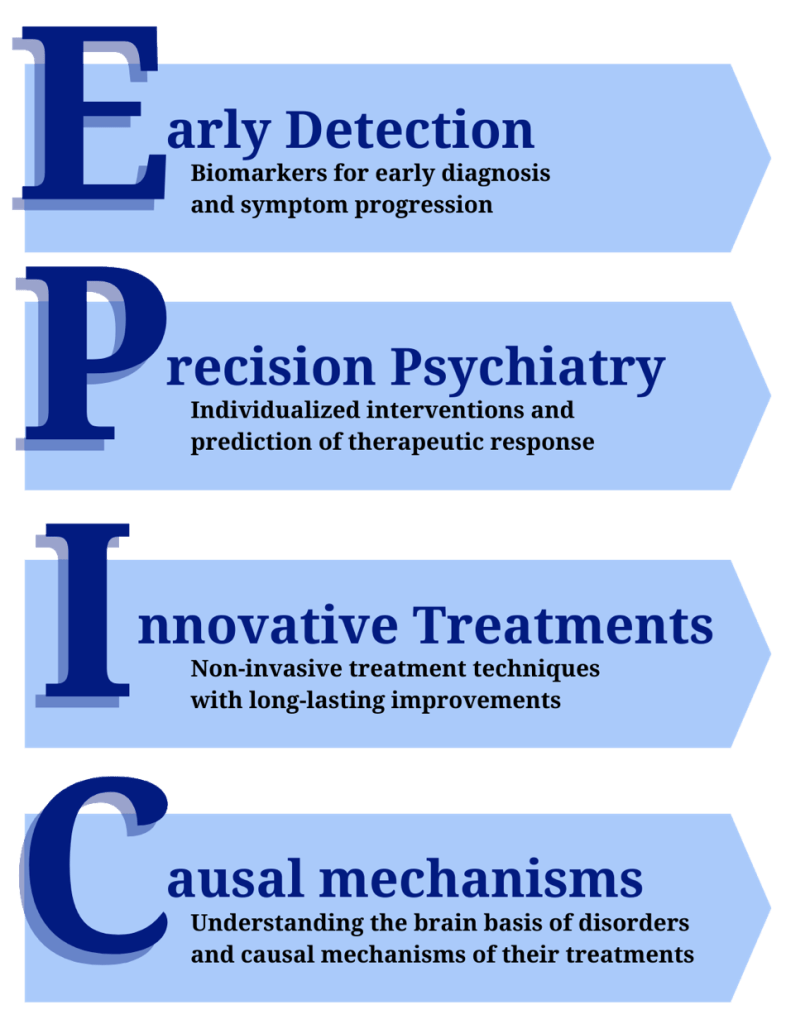
Here at the Epic Brain Lab, our primary mission is to understand the brain basis of psychiatric disorders and to promote translation of this knowledge into clinical practice. We employ multimodal neuroimaging techniques to investigate the pathophysiology of psychiatric and neurodevelopmental disorders such as schizophrenia, depression, anxiety, autism and ADHD.
We focus on early detection, precision psychiatry, innovative treatments, and causal mechanisms. Each facet addresses a different critical barrier, and promotes a better understanding of clinical disorders and their treatments.
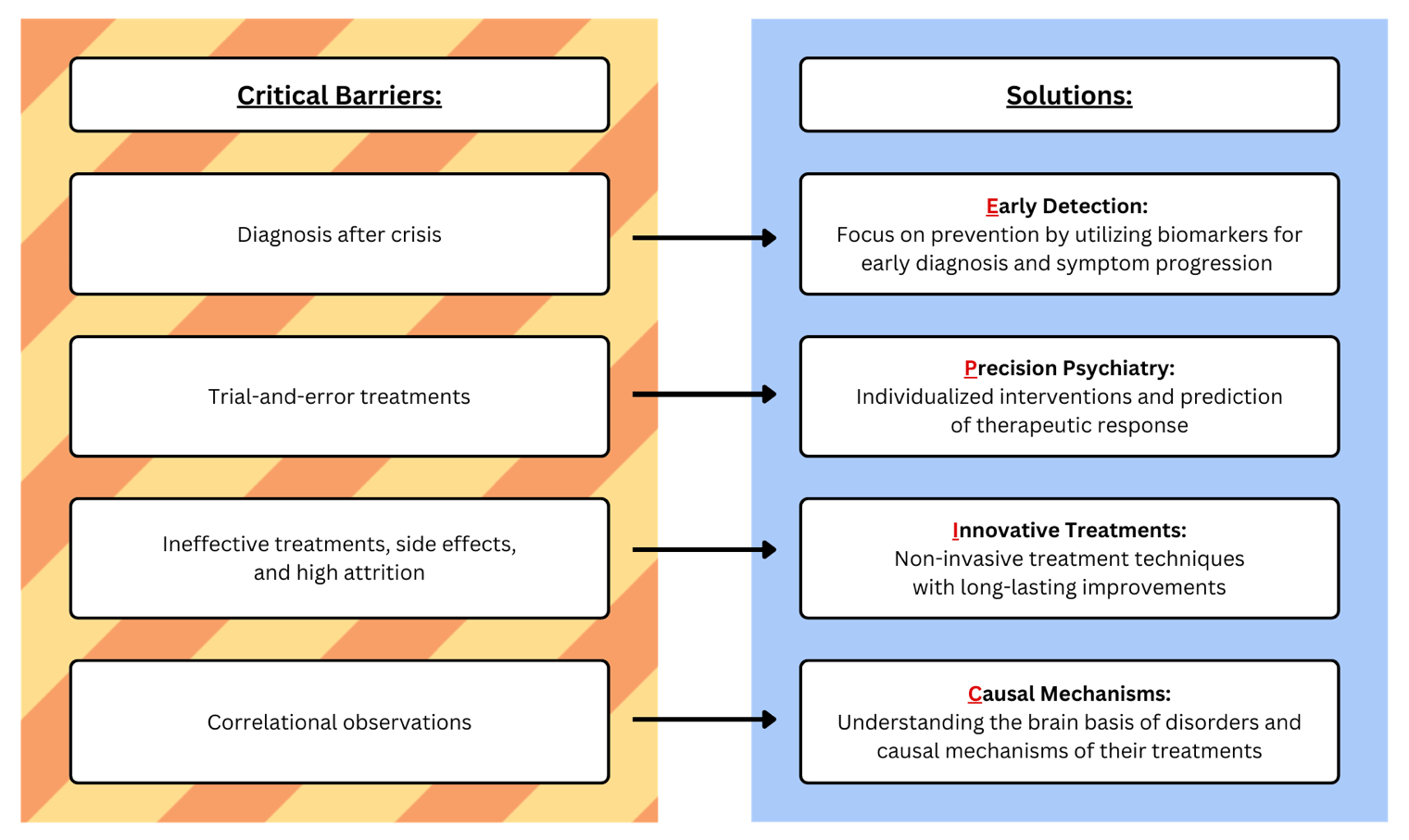
Research Vision
Imagine a future where our children could get help before they are in mental health crisis through early detection, get individualized interventions with precision psychiatry and have options for non-invasive innovative treatments based on causal mechanisms that are well understood? Our mission is to use neuroscience to help facilitate a path that will guide current and future generations to happier, healthier lives.
The Epic Brain Lab aims to overcome the barriers that prevent effective treatment by bridging the gap between clinical populations and effective tools & interventions.
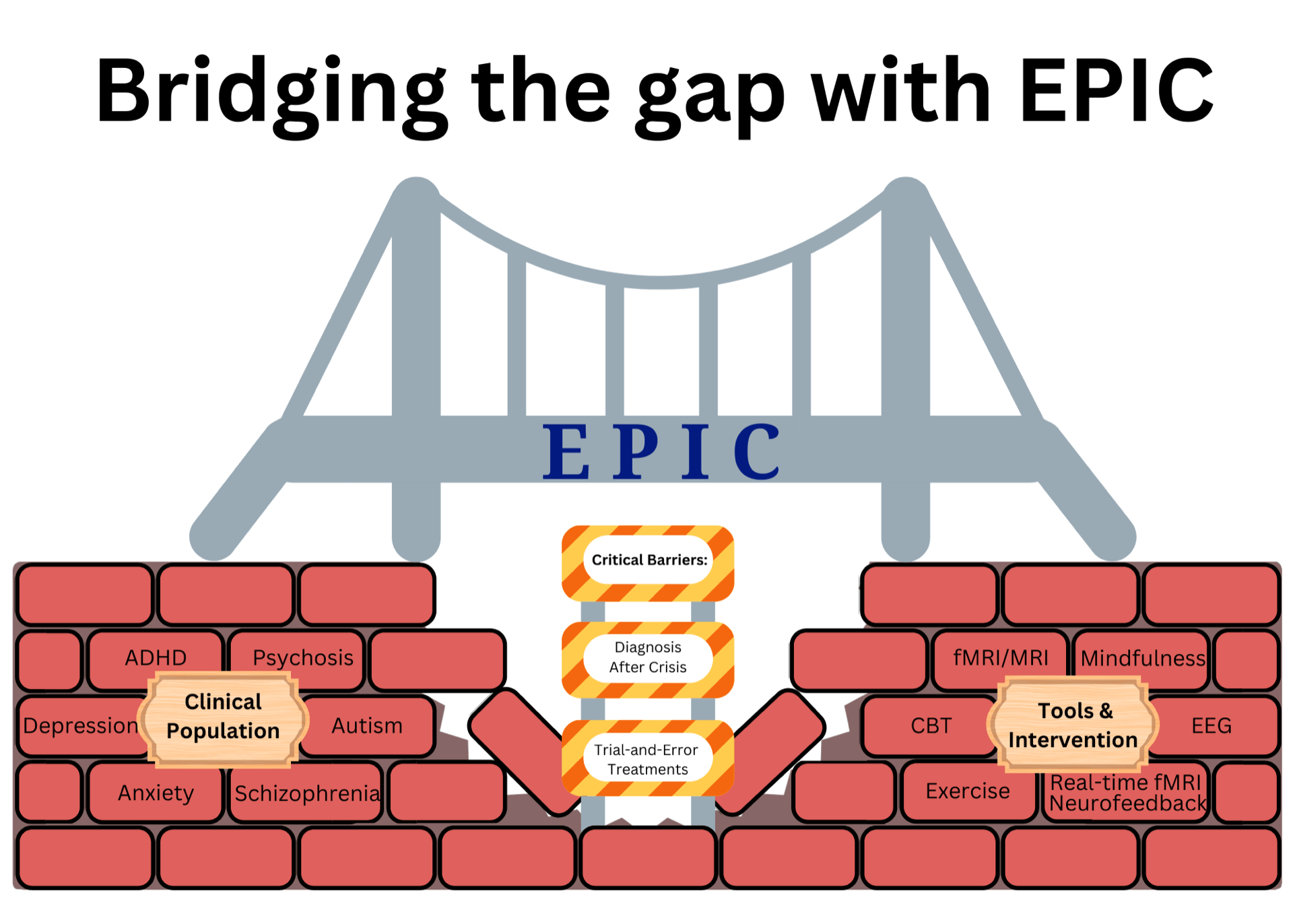
News / Events
What Do The Brains Of Children Tell Us About Their Mental Health As Teens?
Source: News@Northeastern (published on January 2, 2020; by Roberto Molar Candanosa) Our brains consist of different regions that support the cognitive functions we need to survive. But none of...
Toward smarter selection of therapy for psychiatric disorders
Source: MIT News Researchers find that brain scans can predict the success of treatment for social anxiety disorder. For patients with social anxiety disorder (SAD), current behavioral and...
Brain activity pattern may be early sign of schizophrenia
Source: MIT News Schizophrenia, a brain disorder that produces hallucinations, delusions, and cognitive impairments, usually strikes during adolescence or young adulthood. While some signs can...
